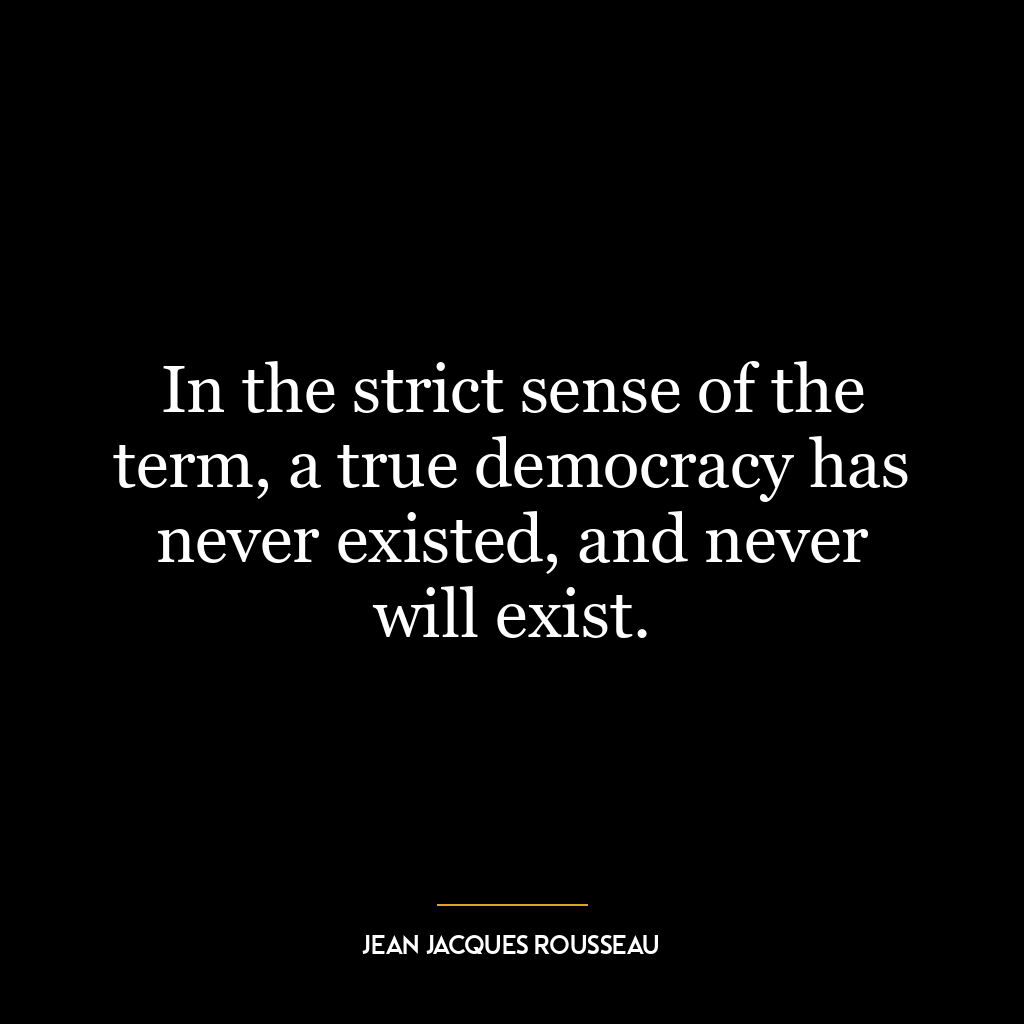Neither idealists nor materialists are right; we must take both idea and expression.
This quote is essentially a call for balance between two opposing philosophies: idealism, which holds that reality is fundamentally mental and immaterial, and materialism, which asserts that the physical world is the only reality. The author suggests that neither of these perspectives alone can fully capture the nature of existence. Instead, he proposes a synthesis of both views: we must consider both idea (the realm of thought and consciousness) and expression (the material manifestation).
The “idea” in this context could represent our dreams, aspirations, thoughts or intangible elements like emotions or spiritual beliefs. On the other hand, “expression” symbolizes tangible actions, behaviors or anything perceptible to our senses.
In practical terms for personal development today’s world it means to not only dream but also act on those dreams; not just envision success but also take concrete steps towards achieving it. It’s about harmonizing our inner worlds with outer realities; aligning what we think or feel with what we do.
For instance in terms of career progression one might have an idea (a vision) to become an entrepreneur but unless this idea finds its expression (starting a business), it remains unrealized potential. Similarly in relationships one might harbor feelings for someone but until expressed these feelings remain inconsequential.
On a societal level too this quote holds relevance – while ideals are important they need practical application through policies & actions to bring about change. For example climate change demands not just understanding its severity intellectually (“idea”) but also implementing sustainable practices (“expression”).
Thus Vivekananda’s words encourage us to bridge the gap between ideation & implementation; theory & practice; mind & matter – striving for holistic understanding and action rather than leaning excessively towards either idealistic introspection or materialistic pragmatism.












